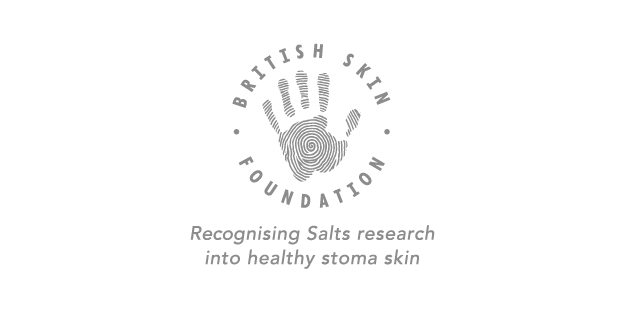Some medicines are known to cause side effects and having a ostomy does not exclude you from these.
The symptoms will be exactly the same:
Colostomy medical advice
- Pain relief medication can cause constipation (infrequent stools)
- Antibiotics can cause diarrhoea (loose stools)
- Iron tablets can cause black, sticky stools and constipation
- Indigestion medication can cause grey stools
Despite experiencing these symptoms, it is important to continue to take any prescribed medication and discuss any side effects with your GP.

Chemotherapy
Chemotherapy is drug therapy and there are a number of different types that can be used to treat cancer.
Some of these drugs can have an effect on your stoma and output. Speak to your Stoma Care Nurse or Oncology Nurse Specialist.
Laxatives may be prescribed to treat constipation. This medication will loosen your stools and may increase wind. It is important to discuss the ongoing use of laxatives with your Stoma Care Nurse or GP.
Ileostomy medical advice
- Antibiotics can cause a change in the usual consistency of your output
- Iron tablets can cause black, sticky stools and constipation
Some medications, such as capsules/ enteric-coated and slow release tablets, may not be absorbed in the small bowel and therefore will not be effective.
Please discuss this with your GP or Pharmacist.
Urostomy medical advice
- Antibiotics can alter the colour of your urine
- Some anti-depressants can make urine blue/green coloured
- Warfarin can make urine orange coloured
Despite experiencing these symptoms, it is important to continue to take any prescribed medication and discuss any side effects with your GP.
Avoiding a hernia
A hernia is a weakness in the muscle wall.
A parastomal hernia can occur around the stoma and is more common depending on the following risk factors:
- Age
- Weight
- Strenuous or heavy lifting
- Smoking
- Multiple abdominal and/or emergency surgery

A parastomal hernia can vary in size from as small as a golf ball to as large as a football. There are numerous abdominal support garments that are helpful in concealing and supporting the hernia.
It is recommended that you wear a light support garment as prevention. However, if you are partaking in strenuous activity, it is necessary to be measured for a more supportive garment. Your Stoma Care Nurse can arrange this for you.
In some people, the parastomal hernia will not cause any discomfort, but others may experience a dragging sensation, discomfort or pain.
This will often depend on the size of the hernia and can be eased by wearing a measured support garment.
It is possible to have surgery to repair the hernia depending on the symptoms and effect on quality of life, but this will be assessed on an individual basis by your Surgeon.
It should be noted that there may still be a risk of another hernia developing following the repair.
Urinary tract infections
The risk of urinary tract infections
Urinary tract infections (UTIs) are common. In people with urostomies, it affects the upper part of the urinary system: the ureters and kidneys.
Signs & symptoms of a UTI:
- Flu-like symptoms
- High temperature
- Pain in back and sides
- Shivering
- Chills
- Cloudy and/or smelly urine
Treatment of a UTI
It is important that you contact your GP or Stoma Care Nurse if you experience any of the above symptoms.
They will need a sample of your urine and will advise you when to take a sample, as the urine should be as fresh as possible.
Ideally your Stoma Care Nurse will take a urine sample using a catheter which is inserted into your stoma. However, it is also acceptable to obtain a urine sample from a clean stoma without a bag on.
You can do this by obtaining a sample pot from your Stoma Care Nurse or GP and holding it directly underneath your stoma, allowing the urine to collect in the pot.
It is important to ensure the pot does not touch your stoma or skin, and your fingers should not come into contact with the inside of the pot.
Be aware this may take some time and you will need to fill at least a quarter of the sample pot.
A UTI that is causing symptoms is usually treated by a short course of antibiotics, following collection of a urine sample.
Tips to avoid a UTI:
- Drink plenty of fluids
- Ensure the tube of your night drainage bag is kept clean
- Drink cranberry juice or take cranberry tablets
If you experience recurring UTI's speak to your Stoma Care Nurse as you may need to change your urostomy bag and night drainage bag more frequently.

Register with the Medilink® Home Delivery Service
Get your stoma bags and additional products delivered directly to your home with Medilink®, our stoma prescription dispensing and home delivery service.
Sign up to our monthly e-Newsletter!
Subscribe NOW to our newsletter and be kept up-to-date with all things Salts Healthcare.








